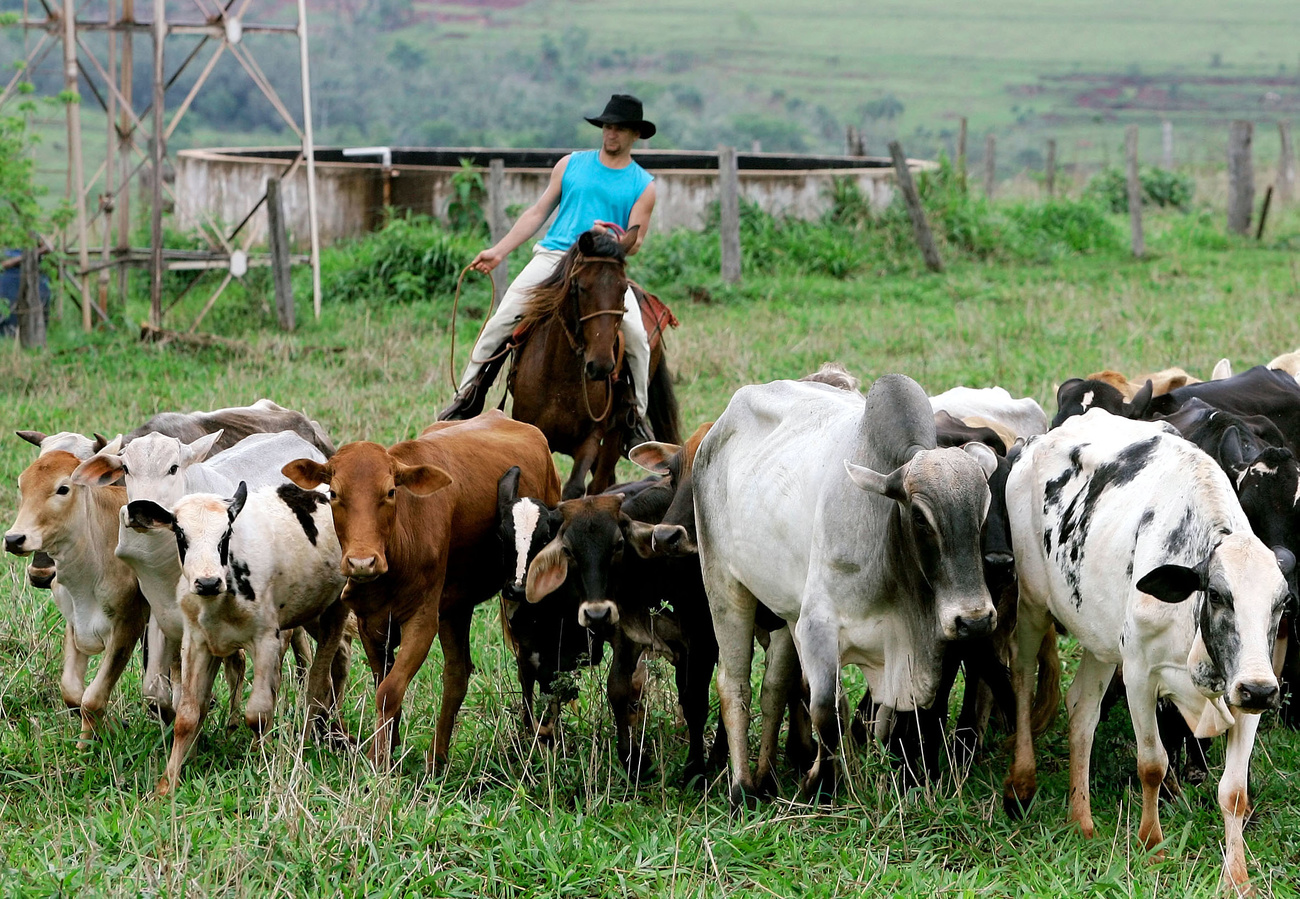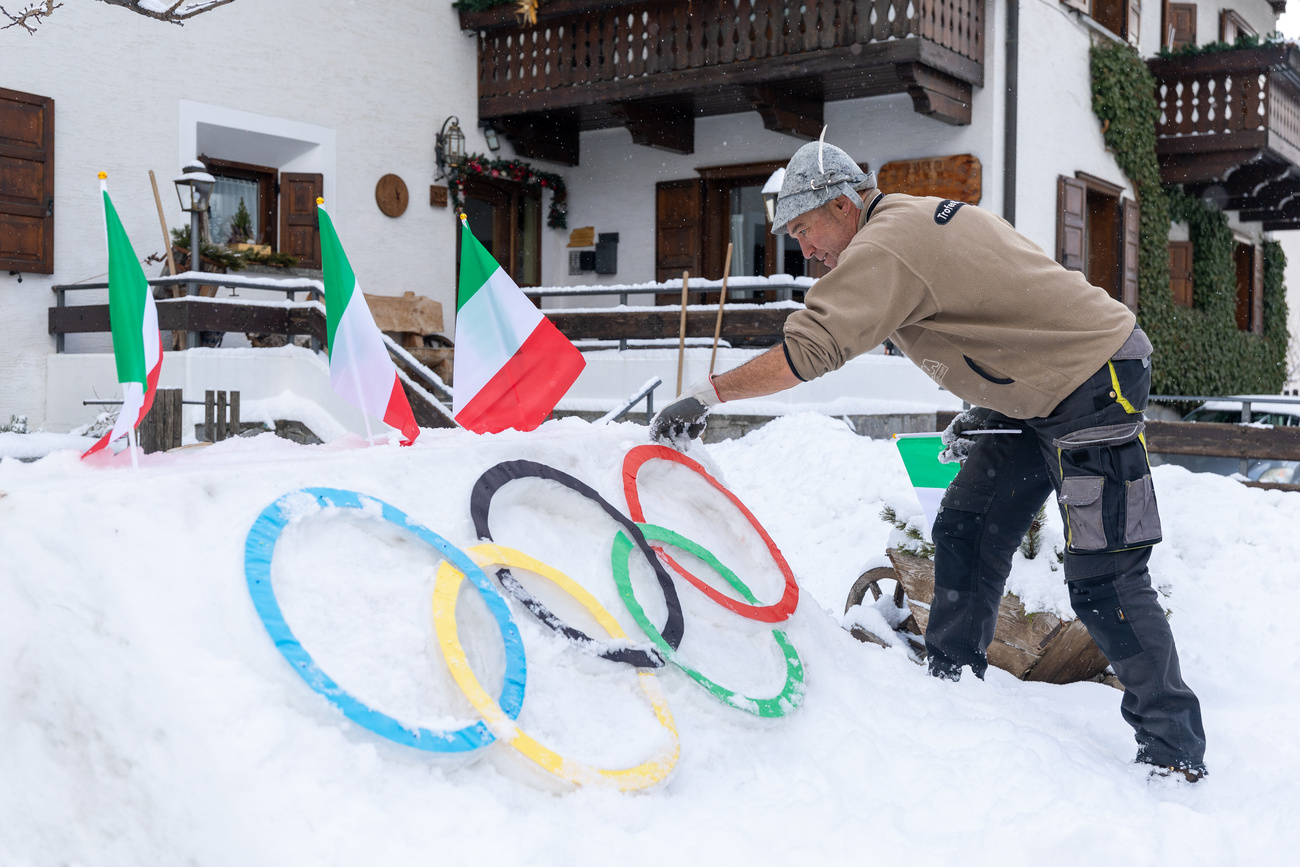
Studies suggest minimal negative impact of EFTA-Mercosur free trade deal

Two studies commissioned by the Swiss government forecast little to no negative environmental or agricultural impact of the free trade deal with Mercosur countries.
On Tuesday, the State Secretariat for Economic Affairs (SECO) and Agroscope published two studies on the possible consequences of the EFTA-Mercosur free trade agreement for the environment and agriculture.
EFTA (the European free trade group formed by Switzerland, Norway, Iceland and Liechtenstein) and Mercosur (Brazil, Argentina, Uruguay and Paraguay) made the deal last August. Ratification is expected by 2021, after a legal review and parliamentary approval.
A coalition of Swiss farming organisations, consumers and NGOs – known as the Mercosur coalition – have expressed concerns about the negative impact of the deal.
Government commissioned studies
The first study – carried out by the World Trade Institute of the University of Bern in June 2019 –analysed the environmental impact the trade could have in Switzerland and the Mercosur states, with 2040 taken as the reference year.
It predicted that in 2040, the increase in greenhouse gas emissions due to the FTA would be 0.1% in Switzerland, 0.02% in the Mercosur states and 0.0004% globally. Air pollution would increase by about 0.2% in Switzerland, while it would remain practically stable in the Mercosur countries and internationally.
According to modelling, the increase in deforestation due to the agreement in the Mercosur States could range from 0.02% to 0.1% in the worst-case scenario.
“The limited expected environmental consequences are explained by the fact that the FTA does not imply any change in trade in products with high environmental impact, nor does it open the way for new flows of such goods,” said a government press release.
A second study, carried out by Swiss agricultural research body Agroscope, showed that the deal would have little impact on trade in agricultural products and thus on Swiss production and the prices charged by Swiss producers. The analysis focused on the impact of opening up markets, with a reduction of customs duties and the establishment of bilateral quotas for certain Mercosur agricultural exports to Switzerland.
The results indicate that the granting of bilateral quotas would not have any significant effects on agricultural trade, even if the Mercosur states were to make extensive use of these additional quotas. Moreover, the FTA would have little impact on Swiss production and prices.
The free trade deal ensures that 95% of Swiss exports to the Mercosur area, which is made up of 260 million inhabitants, would be tariff-free. Technical barriers to trade would be abolished, Swiss service providers would have easier access to markets and bilateral economic relations would be strengthened. In return South American countries would be able to sell more meat in Switzerland.

In compliance with the JTI standards
More: SWI swissinfo.ch certified by the Journalism Trust Initiative































You can find an overview of ongoing debates with our journalists here . Please join us!
If you want to start a conversation about a topic raised in this article or want to report factual errors, email us at english@swissinfo.ch.